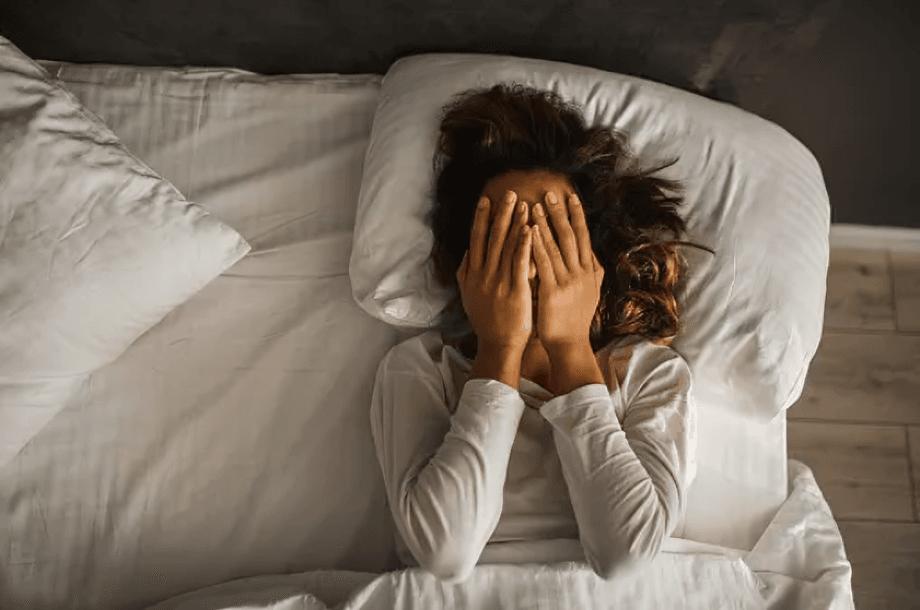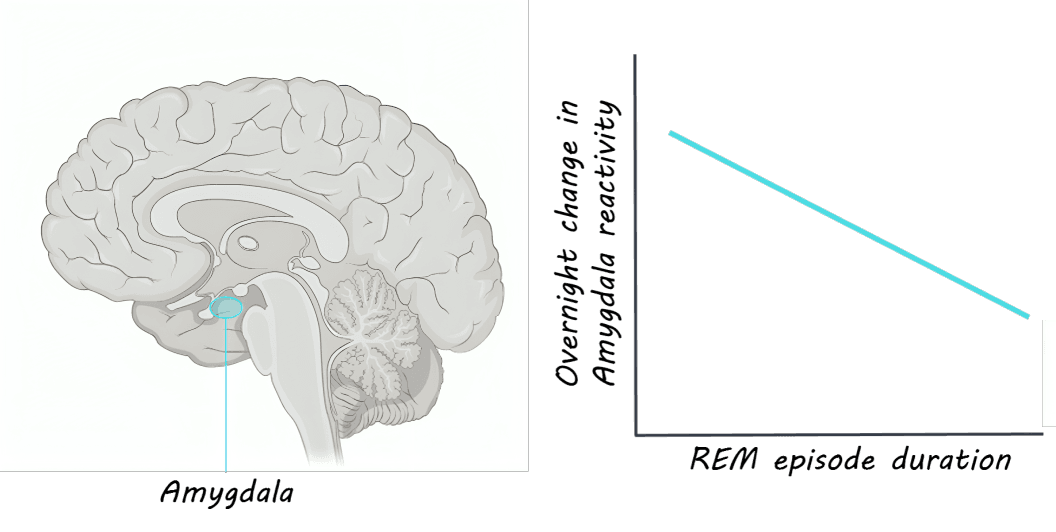
“
The importance of sleep for mental health cannot be overstated, as rest deeply influences our emotions, focus, and resilience. Without it, mental clarity and mood suffer. Understanding the importance of sleep for mental health helps us build healthier routines and stronger minds.1
1
”
Ancient Greek physician Hippocrates recognized rest as vital for healing, viewing sleep as a natural remedy for emotional disturbances, a belief echoed today in modern psychiatry linking sleep to mental health. 1
Losing sleep weakens the prefrontal cortex—the brain's logic center—causing stronger reactions from the emotional amygdala, which leads to poor stress handling and emotional outbursts throughout the day. 2

Chronic sleep deprivation raises the risk of mood disorders, especially depression and anxiety, due to hormonal imbalances and the brain’s reduced ability to cope with emotional and psychological stress.
Quality sleep lowers cortisol—the body's main stress hormone—helping maintain calm under pressure. Without enough rest, cortisol spikes, causing irritability, poor focus, and emotional volatility throughout the day.3
The brain clears out emotional "waste" during sleep, preventing emotional overload that contributes to mood swings, irrational fears, and increased sensitivity to conflict or criticism the next day.4
When sleep is interrupted or insufficient, the brain struggles to regulate sadness and fear, which makes people more vulnerable to experiencing persistent anxiety or prolonged feelings of hopelessness. 5
Those with insomnia often experience emotional dysregulation, showing that mental health disorders and sleep problems have a two-way relationship—poor sleep can cause emotional issues and vice versa. 6

People sleeping less than six hours a night are more likely to experience sadness, panic, and low self-esteem, showing how sleep quantity directly affects emotional and psychological well-being.
Sleep resets emotional control systems, allowing the brain to start fresh each day. Without it, emotional fatigue builds, making it harder to remain calm, optimistic, or emotionally supportive.7
Regular, restful sleep enhances positivity and optimism, promoting a healthy mental state. Poor sleepers often report more negative thoughts and fewer joyful experiences even when facing similar situations. 8
Sleep boosts emotional intelligence by improving empathy and social understanding, which are key in forming stable relationships and maintaining a mentally healthy support network with friends and family.9
Poor sleep contributes to impulsive and risky behavior, particularly in young adults, due to impaired judgment and heightened emotional reactivity—a pattern that can lead to long-term mental instability. 10
Restful sleep enhances psychotherapy by improving cognitive functions like memory and emotion processing, making individuals more receptive to insights and behavioral changes over time. 11
Nighttime rest reduces mental fatigue and burnout, especially in high-stress jobs. When sleep is sacrificed, emotional exhaustion and detachment rise, leading to a faster decline in psychological resilience. 12
Sleep improves the body’s immune function, which is deeply tied to mental health. Inflammation caused by poor sleep is now known to increase the likelihood of depression and brain fog. 13

REM sleep specifically helps regulate emotional reactions. Without enough of it, the brain misinterprets neutral events as threatening, increasing social anxiety and the perception of conflict where there is none.
Stable sleep improves mood through regulation of appetite hormones. Disrupted rest leads to emotional eating, weight gain, and body image issues—all of which impact mental health negatively. 14
Teenagers lacking sleep show higher rates of mood disorders, aggression, and risky behavior, which proves that early sleep habits significantly shape long-term emotional health and self-control abilities. 15
Emotional overload due to unresolved daytime stress is more easily managed after proper sleep, since it reduces anxiety, promotes clarity, and strengthens the mental capacity to handle pressure.16
Modern psychiatrist Carl Jung once noted that dreams reflect our unconscious mind, and sleep is when those shadows are addressed. Ignoring sleep, he believed, is like ignoring a part of ourselves.17


